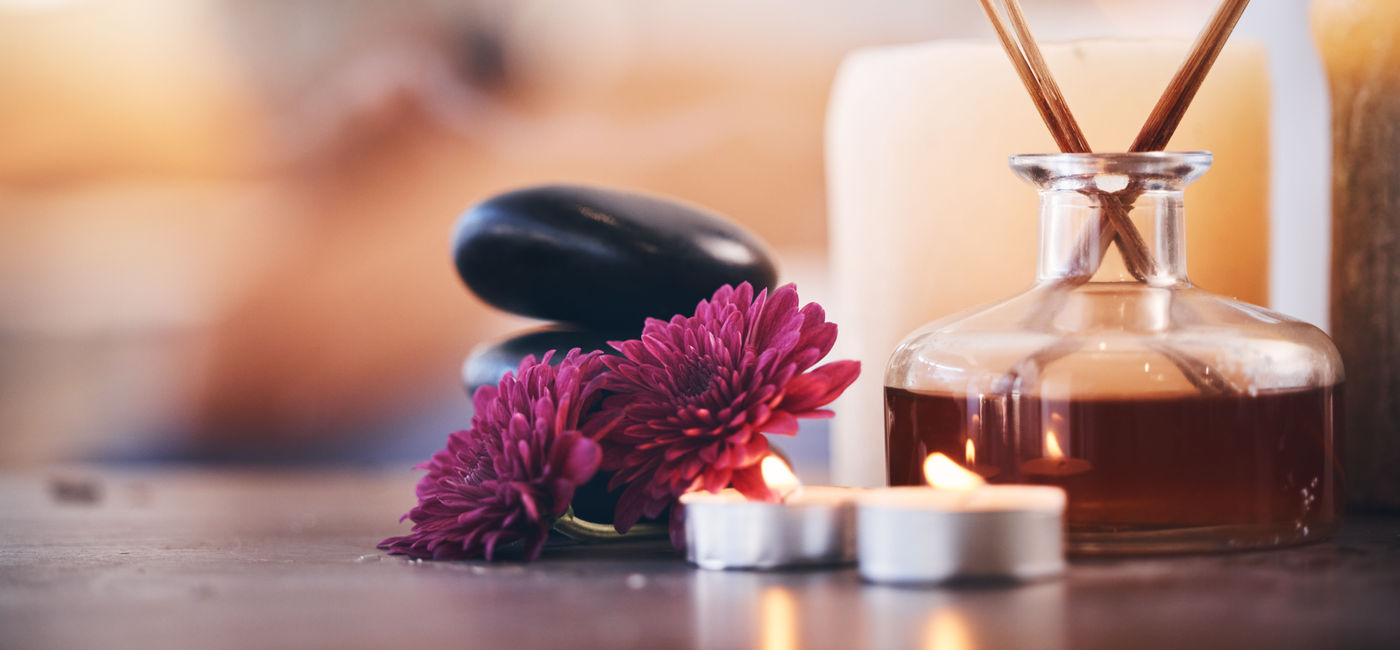How Scents Help Sell a Hotel and Improve Your Experience

There are many things guests are likely to notice when staying at a hotel. Think: quality of the amenities, attentive service, and of course, the cleanliness and attractiveness of guest rooms and public spaces. Each of these elements can often make or break a hotel stay.
And if there’s food services onsite, they too can be a critical part of the overall guest experience.
The scent of a hotel on the other hand, is not likely an item most travelers gush about. Or gripe about for that matter (unless of course there’s something drastically wrong with how things smell.)
Still, unbeknownst to hotel guests far and wide, there are companies whose sole mission is to create signature scents for businesses—including hotel brands.
It’s a specialized service that even the most illustrious of hotel brands have invested in. That includes the likes of The Ritz-Carlton, Nobu Hotels, The Standard Hotels, and more.
And it seems there’s good reason for such investment. Data shows that the scent of an environment has such a significant impact on our psyche that it even drives consumer behavior. For instance:
Customers will stay in scented environments for up to 40 percent longer
Customers also provide a better assessment of service quality in a scented environment
If you trigger a response from two of a customer’s senses, brand impact increases by 30 percent. If three senses are triggered, it increases by 70 percent.
“When it comes to scents, the way we smell is different than the way we see things or touch things,” begins Spence Levy, founder and president of Air Esscentials, a company that specializes in providing customized scents for all types of clients, including the hotel industry. “Scent goes through the limbic system [which is a complex system of nerves and networks in the brain] and so it triggers an emotional response.”
In other words, when done well, an ambient scent can instantly transport individuals back to some of the most pleasant memories or moments of their life. And this evocative experience in turn, increases the time consumers are likely to spend in a business and may even lead to increased spending.
Scents In a Hotel Environment
When applied to a hotel setting, ambient scents not only cue memories and emotions, but can also increase the happiness and brand loyalty of guests.
In fact, according to a study conducted by researchers from the University of Barcelona, which was published in 2021 in the European Journal of Tourism and which compared scented hotel rooms to unscented hotel rooms: “individuals who entered the scented room were happier and had a better emotional state than individuals who entered the unscented room.”
The report goes on to suggest that its results offer important managerial implication for hoteliers who can improve the guest experience by implementing a simple, non-expensive action—adding ambient scents.
And that’s where companies like Levy’s come in. Levy has been in the business since 2007 and his roster of hotel clients reads like a who’s who of the industry. In addition to working with The Ritz-Carlton, Nobu Hotels, and The Standard Hotels, he’s also created custom scents for Sandals and Beaches resorts.
“When we first started there were just two other companies doing this,” says Levy. “But now there’s more and more competitors starting to get into this business.”
Creating a Signature Hotel Scent
So how do Levy and his team create a unique, signature scent for a hotel brand? And what makes a scent a good representation of a specific brand?
Sandals Resorts provides a enlightening case study. Sandals flew Levy and a handful of his Air Esscentials team members to a resort in the Caribbean. The team was told that Sandals wanted to create a scent that evoked a mixture of the Caribbean and elements representative of the hotel brand.
To help Levy and his colleagues come up with such a scent, they were given the full Sandals resort experience.
“They wanted us to walk around the resort and look at the types of flowers and trees and even the types of amenities they have, so that we could create a beautiful signature scent,” Levy recalls.
The research process also involves asking clients key questions such as: What feelings and emotions does the client want their property to evoke? And do they want their custom scent to be energizing? Or relaxing perhaps?
After zeroing in on what the client is seeking, it takes Levy’s team several weeks of trial and error to develop and finalize the new scent. In Sandals’ case, the on-the-ground research conducted by Levy’s team resulted in a unique new signature scent for the resort that’s preparing to launch.
“The scent we created represents who they are,” Levy continues. “It represents the Caribbean and it’s relaxing. It includes floral notes and beauty. It represents the brand so well.”
Not only will the new scent be used in public spaces, but when guests arrive on property and are handed a cool towel, even that towel will be lightly spritzed with the Sandals signature scent. And it doesn’t end there.
The new signature Sandals scent will also be used to create candles and reed sticks that can be purchased in the resort gift shop, so that guests can bring a small piece of Sandals home with them. And here’s the brilliant part—when guests light the candle at home, ideally, the scent transports them right back to their Sandals vacation and the special memories created on-property.
And that’s really the true purpose of scent branding, says Levy
“You want people to take it home with them,” says Levy. “We do a lot of Ritz-Carlton scents. We make candles and a room spritz. It says Ritz-Carlton right on the candle and when people buy that candle and bring it home, when they light that candle, they remember the amazing stay they had at Ritz-Carlton.”
Brand marketing doesn’t get better than that.
